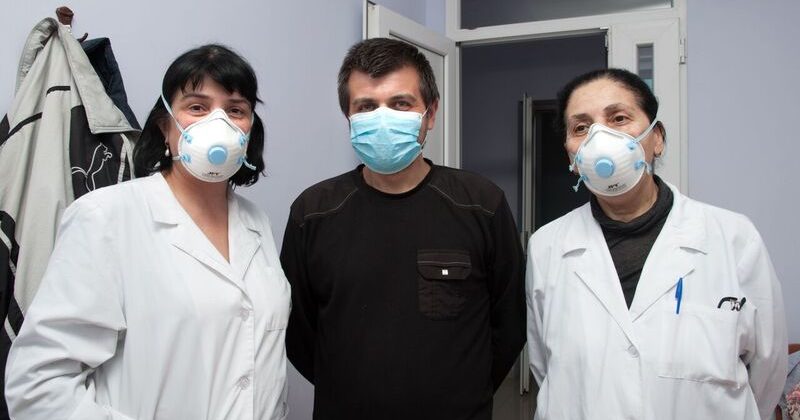Unitaid today issued a call to manufacturers and suppliers worldwide to provide information on health products to tackle opportunistic infections in people living with HIV.
The announcement follows the decision by Unitaid’s Executive Board this past June to support improved access to health products for people with advanced HIV disease, those co-infected with HIV and hepatitis, as well as people co-infected with HIV and the human papillomavirus (HPV), the most common sexually transmitted infection and cause of cervical cancer in women.
Opportunistic infections are infections that occur more frequently and are more severe in individuals with weakened immune systems, including people living with HIV. The most frequent ones are tuberculosis, pneumonia, severe bacterial infection, toxoplasmosis, and cryptococcal meningitis.
Unitaid is considering investing in ways to overcome market barriers that limit access to the best tools for effectively managing opportunistic infections among people with advanced HIV disease.
“Unitaid is essentially exploring ways to unlock access to important health products in low- and middle-income countries to protect people living with HIV from opportunistic infections,” said Dr Philippe Duneton, Unitaid Deputy Executive Director, speaking on the opening day of the 19th International Conference on AIDS and STIs in Africa (ICASA) in Abidjan.
Unitaid has identified key priority products that require immediate market interventions. They are featured in the recently released WHO guidelines for managing advanced HIV disease.
The Request for Information (RFI) issued today calls on interested manufacturers and suppliers to submit information on their diagnosis, prevention and treatment products that are either commercially available or in the pipeline.
Download Request for Information forms: [PDF, 50 KB]
Contact
For more information on the RFI, please contact Ademola Osigbesan at Unitaid, osigbesana@unitaid.who.int
View All News
